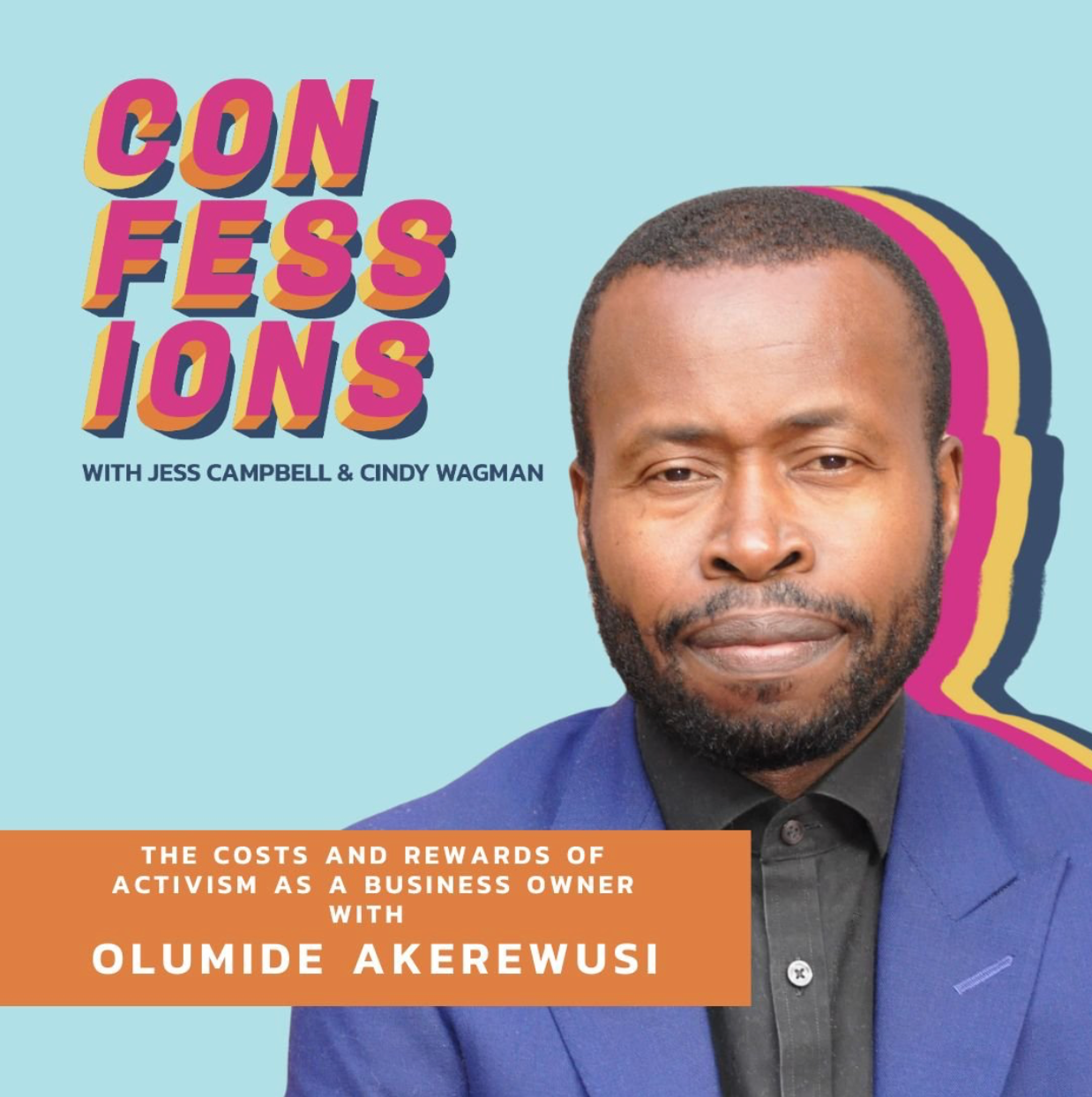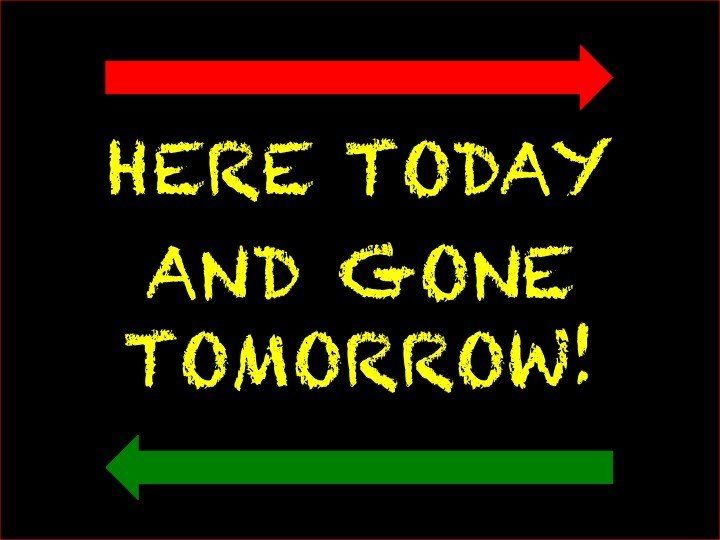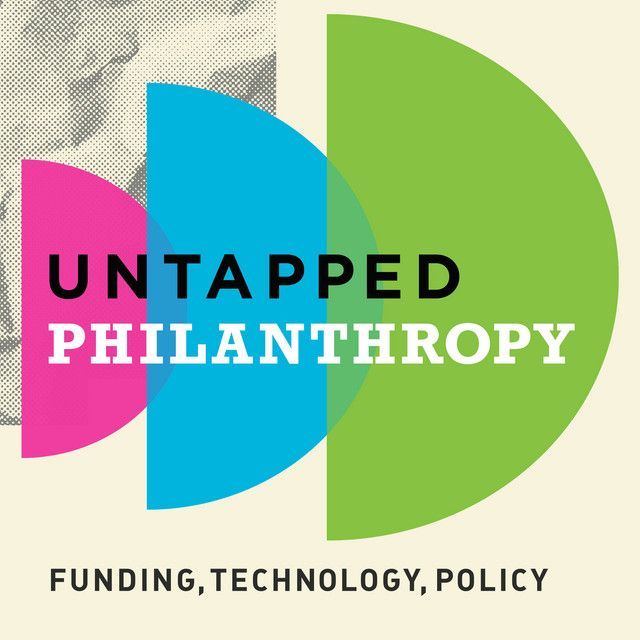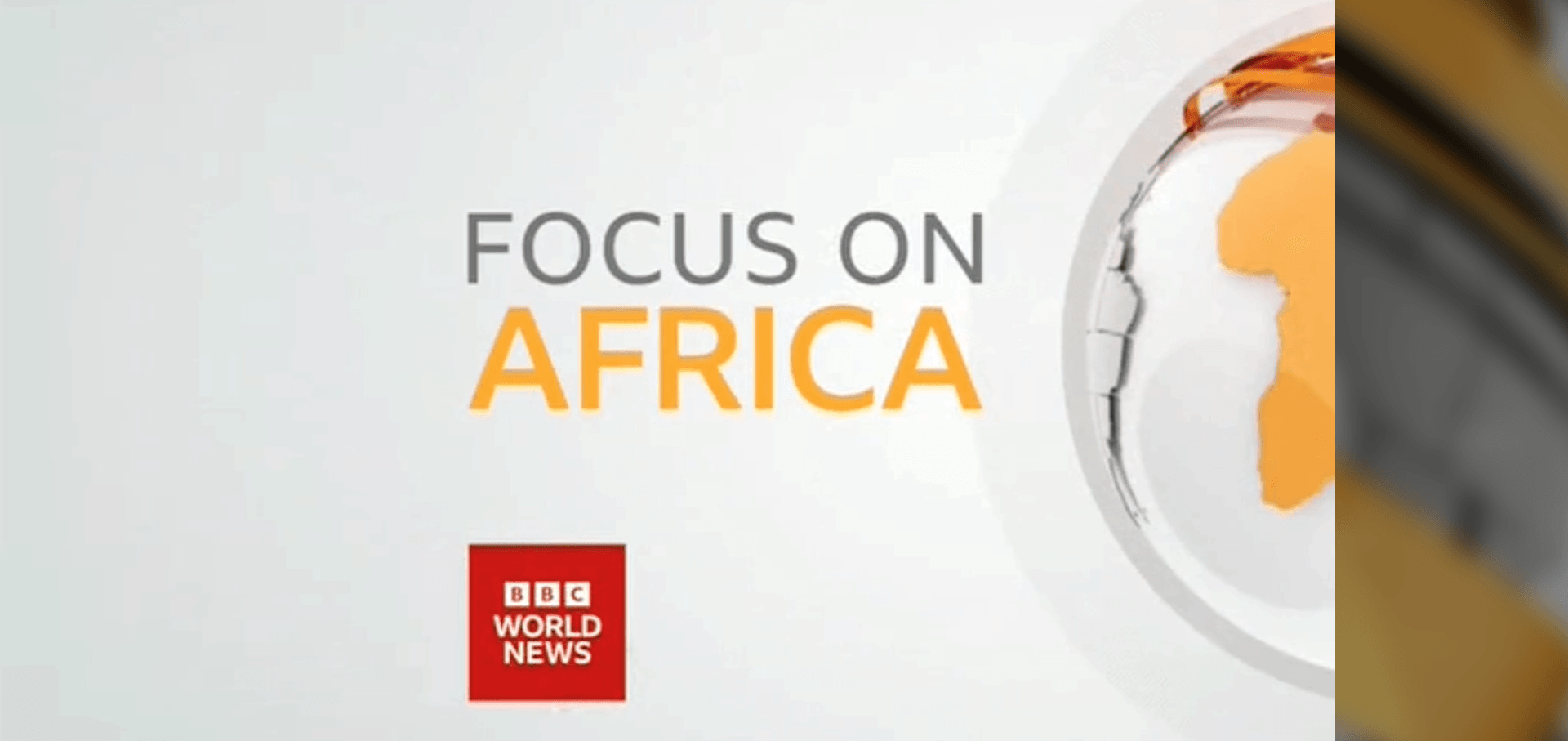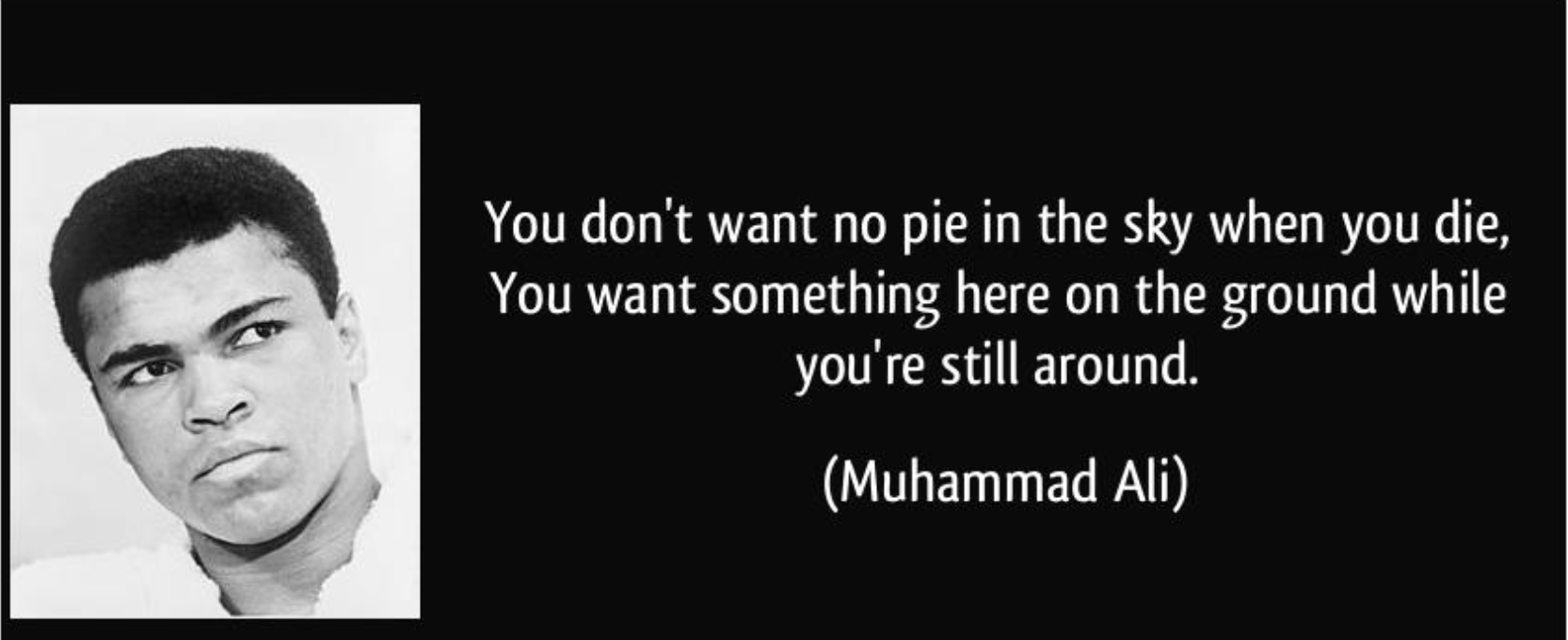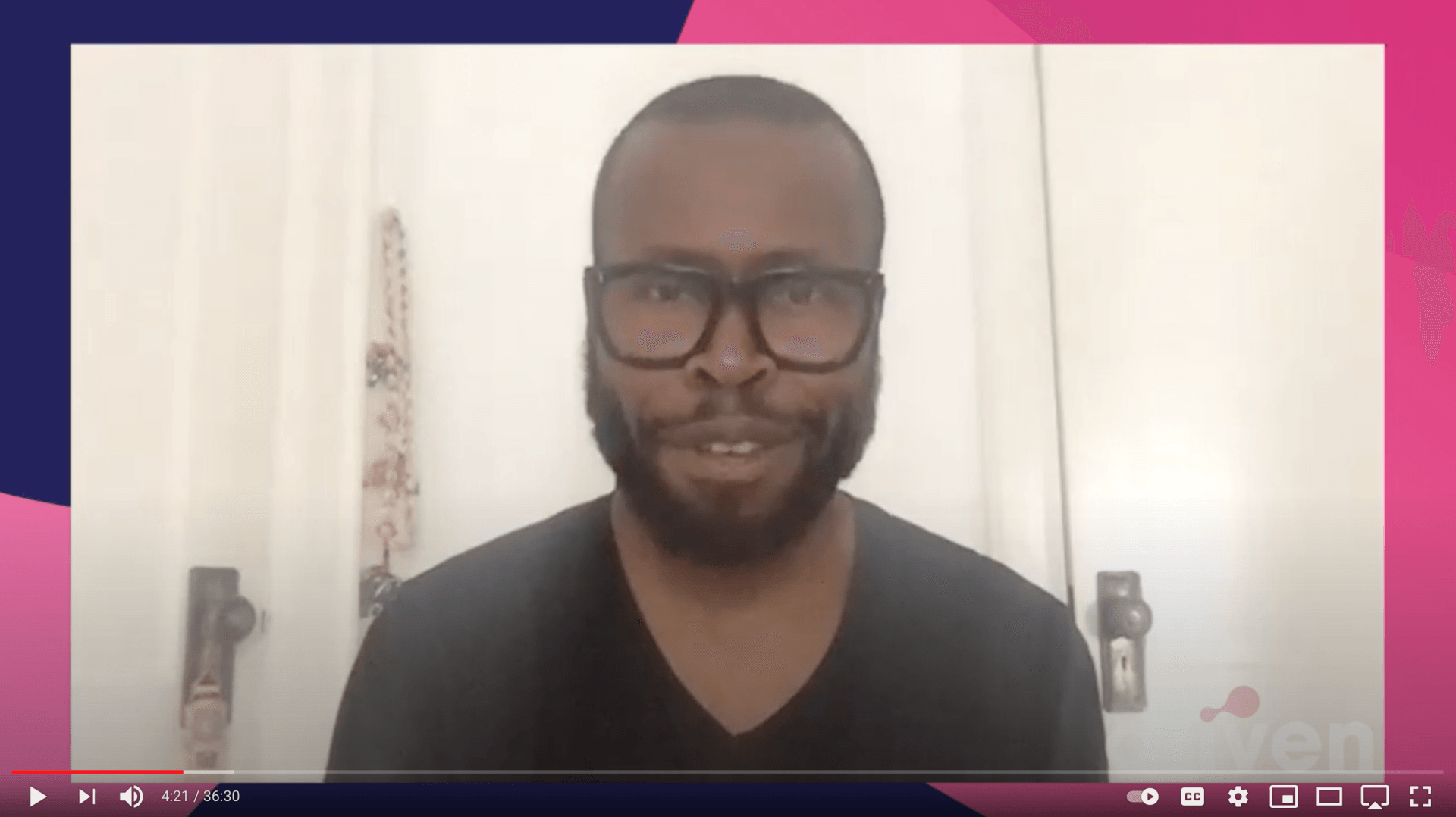The Challenge Of Funding Social Innovation In Nonprofits
The UK’s Department for International Development (DfID) recently decided to pull funding for a pioneering program promoting girls’ rights in Ethiopia. Seemingly under pressure from @MailOnline), DfID parted ways with Yegna, leaving many in the nonprofit sector wondering what could have justified this about-face.
The Coles Notes: Yegna is not your typical food program doling out protein wafers and soluble carbs to the needy. Neither is it a general invitation to surprise aunty Helen and uncle Roy with the gift of a chicken or goat for Hanifa in rural Mozambique. Based in Ethiopia, Yegna
is a trailblazing socially innovative program of Girl Effect
, which, in turn, was created by the Nike Foundation and @NoVoFoundation to help us all think differently about the power and potential of girls in global development. Yegna incorporates non-traditional development programming such as a musical radio drama, a girl band churning out hit music, and a popular and impactful talk show that encourages debate between parents and their children. It is the jewel in the Girl Effect crown.
But that is precisely what @MailOnline was upset about. Why, they ask, do British taxpayers have to pay for a pop band in Ethiopia while funding problems are affecting the National Health Service (NHS) in the UK?
It’s a bit like asking why we have to spend so much money on space travel when public spaces could do with a bit of touching up. I shouldn’t have to explain that international aid and the NHS have no connection. There’s no zero-sum game. Every pound pulled from Yegna is not going back into the NHS. But some British taxpayers, just don’t care. On the subject of foreign affairs or international aid, they have a negative response to anything that remotely requires collective or social responsibility.
Should Yegna, an innovative approach to social justice, suffer due to the fact that it doesn’t meet the conformist approach to development adopted by most other international nonprofits?
In Yegna, there are no depictions of children crying in orphanages. No distended bellies. No visible Western saviours. No rock bands, wristbands, or headbands. Yegna is different, relevant, real, and representative of where and how girls see themselves. As a social innovation, it presents straight-up Girl Power for the people, by the people, creating impact that has not been seen before; or so DfiD has proudly boasted as it consistently awarded the program an A grade for the last three years of evaluations : 84% of girl listeners say Yegna has helped them become more confident. 76% of girl listeners say Yegna has inspired them to continue their education. 65% of all listeners say the radio show has made them think differently about girls’ rights to safety, independence, and self-determination.
Thanks to this superb program girls are now learning about their rights to protect their bodies, get married when they’re ready, and prevent violence against women and children. But the Daily Mail continued baiting a reaction from taxpayers by labelling Yegna as a waste of their money. Public opinion followed suit, and DfID capitulated, as it announced it was pulling government funding in the new year. Yegna is now a poster child for what not to do, especially if we aim to sustain social innovation.
Where is the justice and what is the nonprofit world to do when the media, the public, and politicians yield so much negative bias towards creative solutions for social and economic change for the poor?
Despite its significant achievements in effectively and efficiently reaching over 1 million people on a weekly basis, Yegna is viewed as a wasteful program. This as Oscar Wilde would say, is the government manifestation of knowing the price of everything, but the value of nothing. No doubt, the organization (only one among many) is the victim of a misunderstanding regarding the role of nonprofits in creating new methodologies to solve old problems.
This phenomenon has implications for our work here in Canada.
In Canada, International Development agencies are among the least trusted of all nonprofit organizations [1] , and as a country, our overall level of global engagement is at an all-time low [2] .
Mental health, social exclusion, homelessness, displaced people, food insecurity, youth unemployment, human trafficking, racism, sexism, gender inequality and homophobia are seemingly intractable challenges that contribute to the high level of need for nonprofit organizations in today’s world. While the number of Canadians who claim tax receipts for charitable donations appears to be in decline, nonprofits are under increasing pressure to demonstrate immediate value to donors. In such a competitive and demanding environment, risk-taking and innovation are the first casualties. The non-profit sector is encouraged not to rock the boat.
They say in Ethiopia that smooth seas do not make skilful sailors. It’s sad that too few funders (private or public) sign up for their donations to be used to trial radical solutions that may or may not work.
So is it time to re-write the script for funding social change? Should we not reward rather than punish nonprofits that try to innovate? Are we too accustomed to traditional approaches to poverty alleviation that deny beneficiaries choice, voice, and control, and negate lasting change? What if we did things differently?
Dynamic investments from microfinance schemes ( Grameen Bank ) to philanthro-capital initiatives ( Regeneration of Detroit ), the creation of movements though volunteerism ( Movember ), social businesses ( Paintbox Bistro ), crowd funding ( GoFundMe ), crowd lending ( FundThrough ) bequests ( Wealth Transfer Explosion ), social responsibility employment programs ( HireUP ) and endowments ( Harvard University ) are emerging as the most innovative, impactful, and sustainable forms of revenue generation. Also, the popularity of apps and technology to solve logistical challenges ( UBER ), are taking root in our society.
The nonprofit sector as a whole needs a chance to develop, trial and scale similar innovations that tackle poverty and its effects. But it’s hard to do so when the steps to innovation place funding at risk or far from reach. Technology surely holds the answer to creating new approaches. However, we will only leverage new opportunities for social change when nonprofits are trusted to use funding in a creative way.
Here’s what every nonprofit can do to kick start a process to engage funders in conversations about social innovation:
- Develop a clear vision that is solution oriented, aspirational, and anticipatory of future social needs
- Demonstrate your expertise by researching and reporting on the problem you are aiming to solve
- Invest time in consulting experts and including stakeholders as leaders in delivering your vision
- Invite donors to input into your plan and ensure that expectations are aligned
- Engage professional fundraising experts to help you figure out ways to build broader funding partnerships
- Go public with your vision and raise awareness for the change you are aiming for
- Curate your experience and the steps you are taking, so the broader nonprofit community can learn from your approach
As a board member of the Association of Fundraising Professionals, Toronto Chapter, I am excited about a new development. It's called AFP Insights - an initiative to better understand innovative fundraising techniques shared by the world’s leading nonprofits and smart thinkers.
Insights will be a resource to those who want to connect, support, or replicate pioneering fundraising and revenue generation practices. It’s an important first step to creating new avenues for fundraising in the 21st century, and a resource for equipping the next generation of nonprofit leaders to continue to spark new Yegnas.
While Insights is a small step in the right direction, we should all do more to spotlight and celebrate the great innovations that exist within our sector and be vocal about the need to sustain them at any cost. Get in touch if you have ideas about fundraising or thoughts you’d like to share about this article.
Mide Akerewusi, Founder and CEO of AGENTSC a company devoted to nonprofit change, sustainability and major gift fundraising.
[1] Lasby, D., & Barr, C. (2013). Talking about charities 2013. Canadians’ opinions on charities and issues affecting charities.
[2] Assessing Canada’s Global Engagement Gap, Robert Greenhill and Megan McQuillan, October 6
AgentsC News
